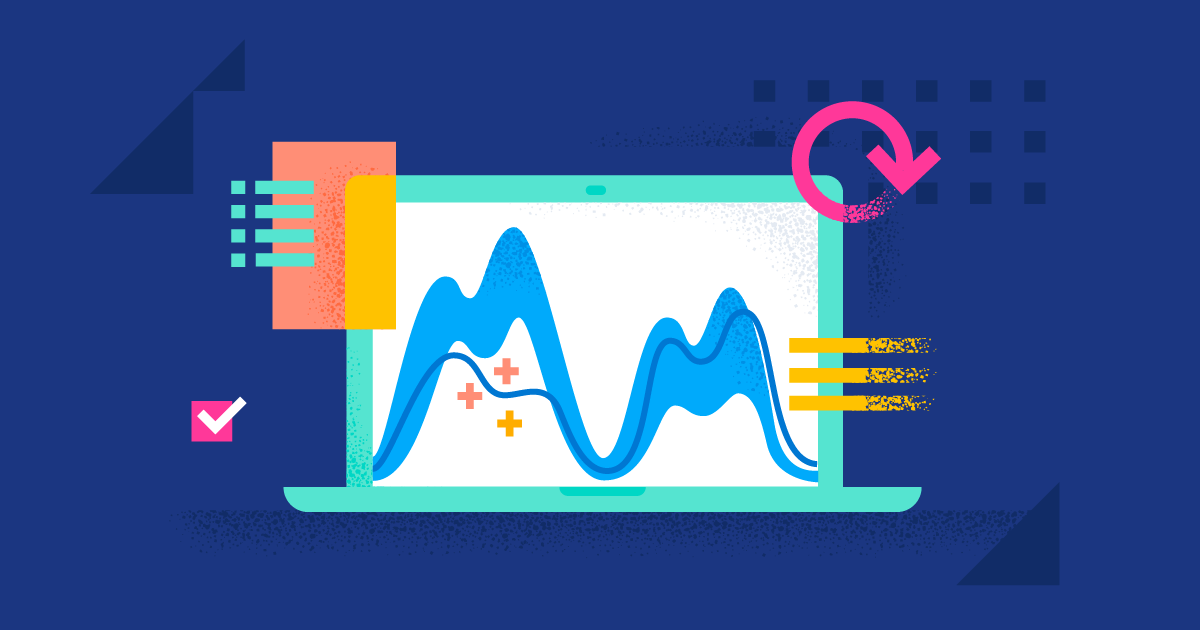
AIOps, short for Artificial Intelligence for IT Operations, is transforming how businesses manage their IT infrastructure. But what exactly is AIOps, and why is it gaining so much attention? AIOps leverages machine learning and big data to automate and enhance IT operations. This means faster problem resolution, improved system performance, and reduced downtime. Imagine a system that can predict issues before they happen and fix them without human intervention. Sounds like science fiction, right? But it's happening now. From anomaly detection to root cause analysis, AIOps is revolutionizing IT management. Ready to dive into some intriguing facts about this game-changing technology? Let's get started!
What is AIOps?
AIOps, or Artificial Intelligence for IT Operations, is a term that has gained traction in recent years. It combines big data and machine learning to automate IT operations processes. Here are some fascinating facts about AIOps.
-
AIOps stands for Artificial Intelligence for IT Operations. It leverages AI to enhance and automate various IT operations tasks.
-
AIOps uses machine learning algorithms. These algorithms help in analyzing large volumes of data to identify patterns and anomalies.
-
AIOps can predict IT issues before they occur. By analyzing historical data, AIOps can forecast potential problems and prevent them.
-
AIOps helps in reducing downtime. Automated issue detection and resolution mean less downtime for IT systems.
-
AIOps improves operational efficiency. By automating routine tasks, IT teams can focus on more strategic initiatives.
How AIOps Works
Understanding how AIOps functions can demystify its complexity. It involves several steps, from data collection to action implementation.
-
AIOps collects data from various sources. This includes logs, metrics, and events from different IT systems.
-
AIOps processes and analyzes the data. Machine learning models sift through the data to find patterns and anomalies.
-
AIOps generates insights and alerts. When an anomaly is detected, AIOps systems alert IT teams or take automated actions.
-
AIOps can integrate with existing IT tools. It works seamlessly with monitoring, ticketing, and other IT management tools.
-
AIOps continuously learns and improves. The more data it processes, the better it becomes at predicting and resolving issues.
Benefits of AIOps
The advantages of implementing AIOps in IT operations are numerous. From cost savings to improved service quality, AIOps offers several benefits.
-
AIOps reduces operational costs. Automation of routine tasks means fewer resources are needed for manual intervention.
-
AIOps enhances service quality. Faster issue resolution leads to better service delivery and user satisfaction.
-
AIOps provides better visibility. IT teams gain a comprehensive view of their systems, making it easier to manage and troubleshoot.
-
AIOps supports proactive management. By predicting issues before they occur, AIOps enables proactive rather than reactive management.
-
AIOps improves collaboration. It fosters better communication and collaboration among IT teams by providing a unified view of operations.
Challenges in Implementing AIOps
Despite its benefits, implementing AIOps comes with its own set of challenges. Understanding these can help in better planning and execution.
-
AIOps requires significant data. The effectiveness of AIOps depends on the quality and quantity of data available.
-
AIOps implementation can be complex. Integrating AIOps with existing systems and processes can be challenging.
-
AIOps needs skilled personnel. Managing and maintaining AIOps systems requires expertise in AI and machine learning.
-
AIOps may face resistance. Change management is crucial as teams may resist adopting new technologies and processes.
The Future of AIOps
AIOps is transforming how businesses manage IT operations. By combining artificial intelligence and machine learning, AIOps can predict issues before they happen, automate routine tasks, and provide deep insights into system performance. This means fewer outages, faster resolutions, and more efficient use of resources.
Companies adopting AIOps are seeing significant improvements in their IT infrastructure and overall business performance. As technology continues to evolve, AIOps will become even more integral to IT strategies.
Staying ahead in the tech world requires embracing tools like AIOps. It’s not just about keeping systems running smoothly; it’s about leveraging data to drive smarter decisions and innovation.
So, if you haven’t considered AIOps yet, now’s the time. The future of IT operations is here, and it’s powered by AI.
Was this page helpful?
Our commitment to delivering trustworthy and engaging content is at the heart of what we do. Each fact on our site is contributed by real users like you, bringing a wealth of diverse insights and information. To ensure the highest standards of accuracy and reliability, our dedicated editors meticulously review each submission. This process guarantees that the facts we share are not only fascinating but also credible. Trust in our commitment to quality and authenticity as you explore and learn with us.


